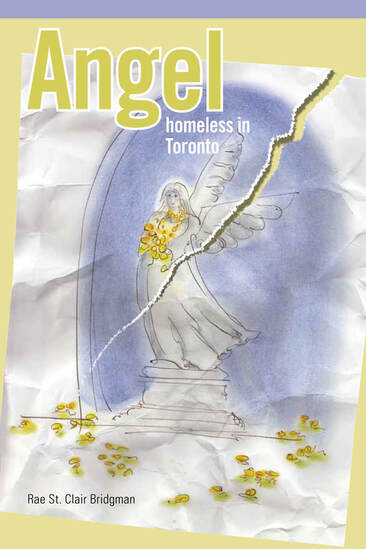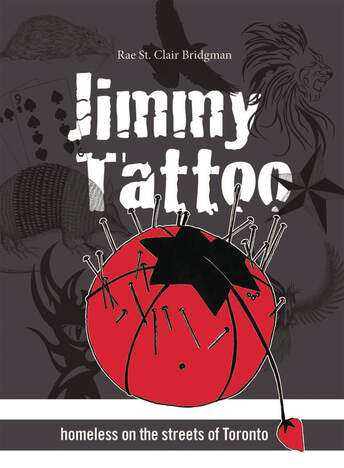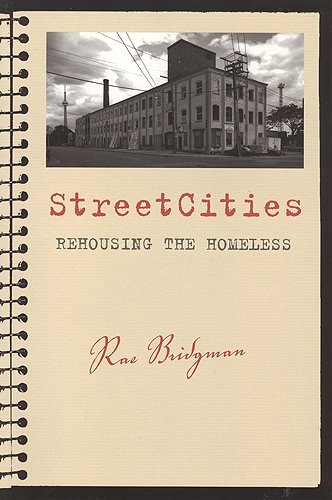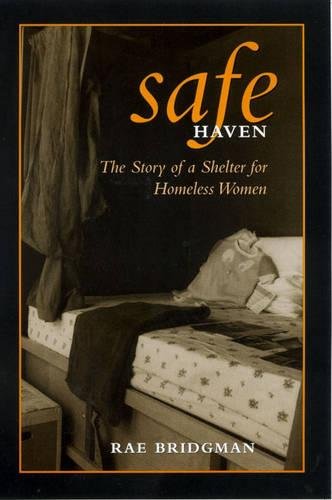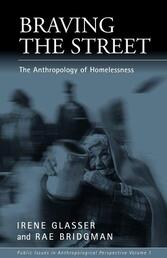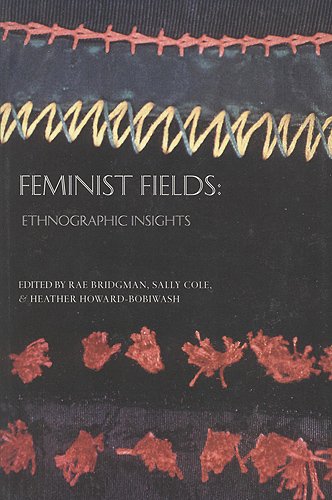BOOKS
|
Angel: Homeless in Toronto
Independently published, 2016. Angel’s story begins thus -- no one has a scar like this unless go ahead yeah someone’s tried to kill me girl you must be here for some reason that’s what I keep tellin’ myself you must be here on this blessed earth for some reason A testament to the search for reason in the face of loss and sorrow, the resiliency of the human spirit, an unerring sense of hope . . . Angel tells her story of a treacherous childhood, abuse and living homeless on the streets of Toronto. First person narrative, fragments of memory and free verse heighten the immediacy of this gritty yet poignant story for young adults, which treads a fine line between the sane and the incomprehensible. Angel draws upon a decade of fieldwork and interviews with chronically homeless women in Toronto. The book is freely available here. After reading Angel, please pass “the gift” of Angel’s story on — consider making a donation to a local charity or non-profit organization helping those living homeless in your community. |
|
Jimmy Tattoo: Homeless on the Streets of Toronto
Independently published, 2016. I’m a regular walking art gallery every inch that’s why they call me Jimmy Tattoo ‘cause of all these tattoos it’s as good a name as any at least people don’t forget it and maybe that’s a good thing or maybe that’s a bad thing depending on how you look at it Homeless on the streets of Toronto, Jimmy Tattoo offers up a chilling story for young adults in this long poem. A life of abuse and survival…and ultimately, redemption. Jimmy Tattoo draws upon a decade of fieldwork and interviews with chronically homeless men in Toronto. The book is freely available here. After reading Jimmy Tattoo, please pass “the gift” of Jimmy’s story on — consider making a donation to a local charity or non-profit organization helping those living homeless in your community. |
|
StreetCities: Rehousing the Homeless
Teaching Culture: UTP Ethnographies for the Classroom.) Toronto: University of Toronto Press, 2005. If you are teaching an Introduction to Anthropology, Urban Anthropology, Introduction to Urban Studies, Ethnography or Research Methods course, this makes ideal reading for your students. One intro anthro instructor wrote: "It's written in a very accessible way, and offers a great basis for discussing writing and representation in ethnography, thanks to all the different styles (the narratives, the town council script, the photos and fieldnotes)." Bay Weyman's StreetCity (see Close Up Films) — filmed at the time of the fieldwork at StreetCity— complements the book and will bring the issues home for students. Read reviews |
|
Safe Haven: The Story of a Shelter for Homeless Women Toronto: University of Toronto Press (Scholarly Publishing Division), 2003.
In this groundbreaking work, urban anthropologist Rae Bridgman, in careful and intimate detail, explores the perspectives of the women who work and live at Savard's, a unique shelter for homeless women. Bridgman uses the design and development of Savard's - a housing model developed by women for women - as an opportunity to document the project's original vision and what happened once it opened. There are few rules at Savard's. Women may come and go as they wish, and referrals to other services are made only when a woman has indicated interest in taking action on her own behalf. It is a model that aims to provide a safe haven for the chronically homeless. The study traces the evolution of this type of shelter, providing qualitative research and useful analysis for academics, policy-makers, service providers, and activists. Based on many hours of participant observation as well as interviews and staff records, Safe Haven presents a distinct picture of the chronically homeless and those on the frontlines of this lifesaving service. Read reviews |
|
Braving the Street - Rehousing the Homeless. Co-author Irene Glasser. (Public Issues in Anthropological
Perspective, vol. 1.) New York: Berghahn Books,1999. StreetCities charts the development of an alternative communal housing model for chronically homeless men and women in downtown Toronto. In her recounting of the stories and narratives of residents and staff at the original "StreetCity" and the second generation "Strachan House," Bridgman explores how living on the street (something often viewed as negative) has the potential to become a powerful emblem of community growth, tolerance, and caring. The histories of these two supportive housing projects are embedded within larger currents of governmental responses to homelessness in Canada, and the incorporation of photographs, interview narratives, and handwritten fieldnotes brings Bridgman's ethnographic research to life. StreetCities also includes a discussion of the architectural design and operation of the two housing projects, and the eventual closing of the original "StreetCity." StreetCities is written for those who want to learn more about the work being done to help chronically homeless women and men. The book will be useful for researchers, policy-makers, service-providers, teachers, students, and activists working in the fields of homelessness and housing studies, social work, urban and applied anthropology, sociology, urban studies, and qualitative research methods. Read reviews |
|
Feminist Fields: Ethnographic Insights. Co-editors Sally Cole and Heather Howard-Bobiwash. Toronto: University of Toronto Press, 1999.
Feminist Fields offers a rich and varied portrait of both the current work in feminist anthropology and future possibilities for dialogue between feminism and anthropology. Contributors to the book present critical analyses of a broad range of ethnographic topics: national feminism, gender and identity formation, cultural continuity, ethnographic authority, ethics and representation, empowerment and resistance. Here, young practitioners alongside more established scholars share their theoretical insights, bringing them to life through first-person narratives and stories. Throughout, there is a clear sense of the intellectual inspiration to be had from the practice of feminist anthropology and its emphasis on the power of thoughtful reflexivity in fieldwork and writing practices. Also recognized is an urgent need to bring forward the perspectives of those whose knowledge has been forgotten, ignored, or actively silenced. Read reviews |
